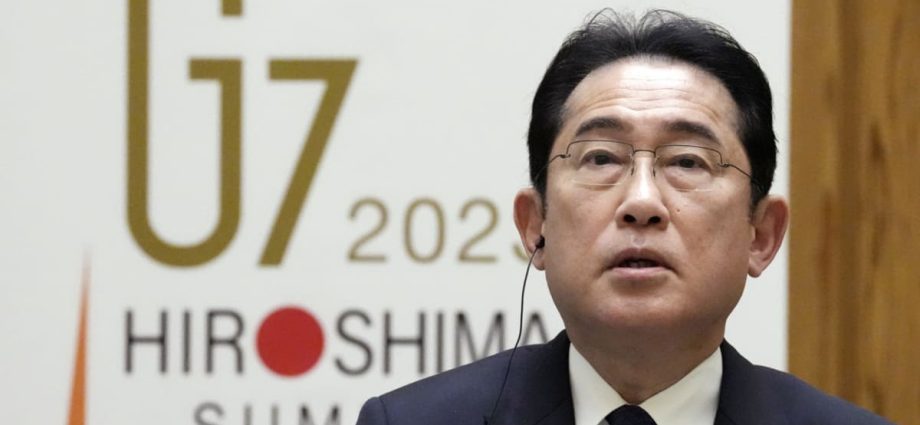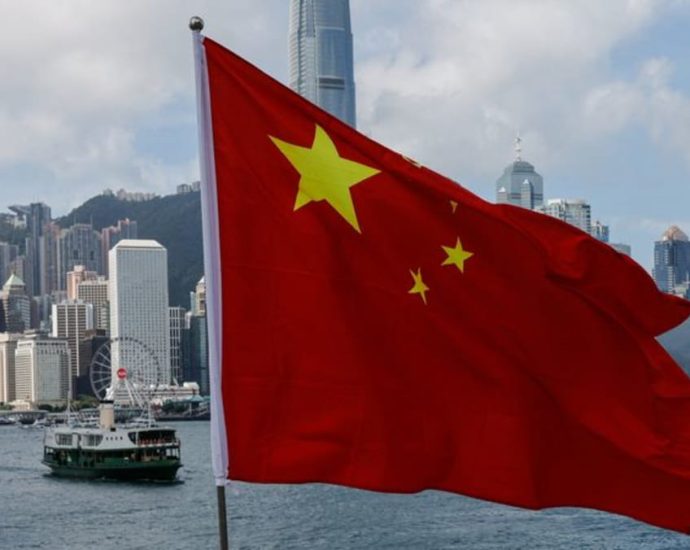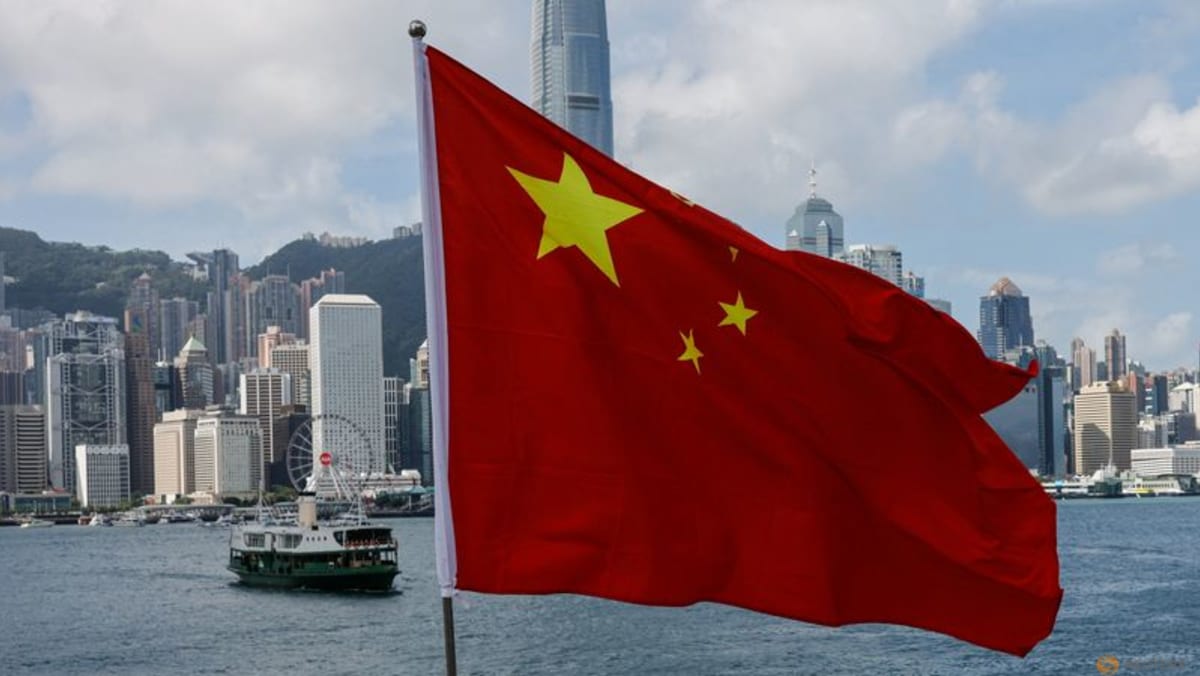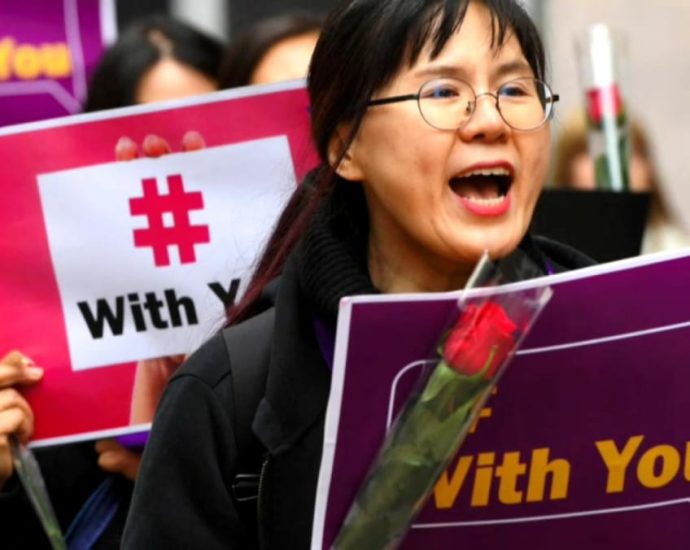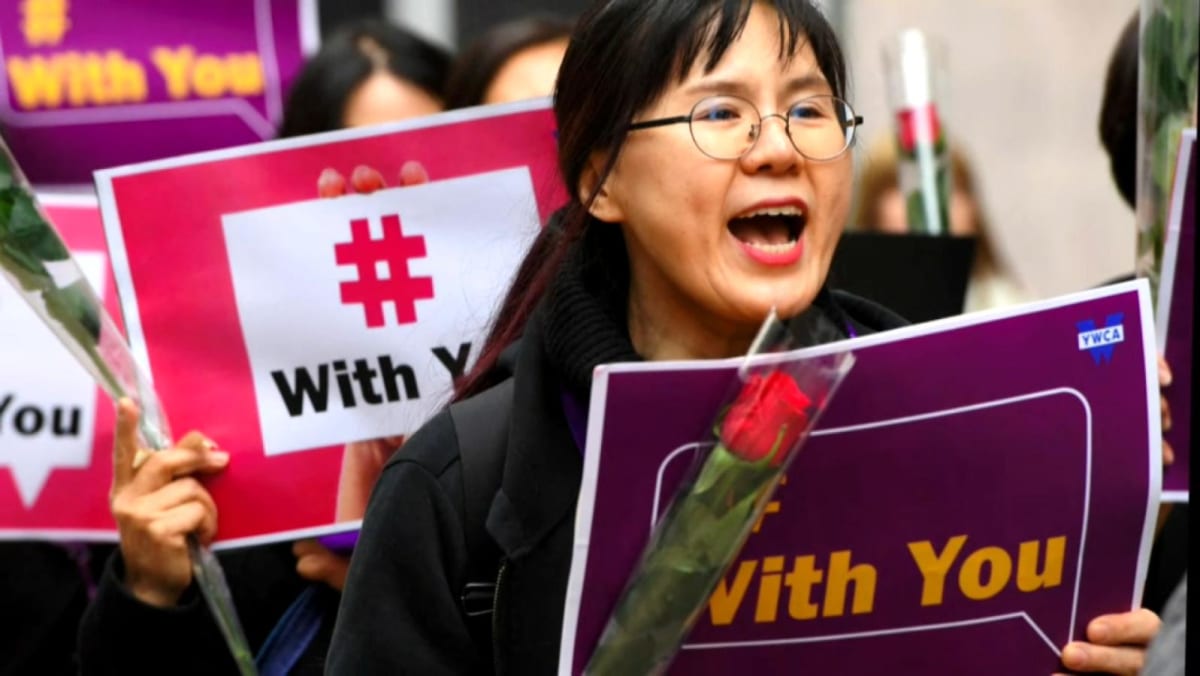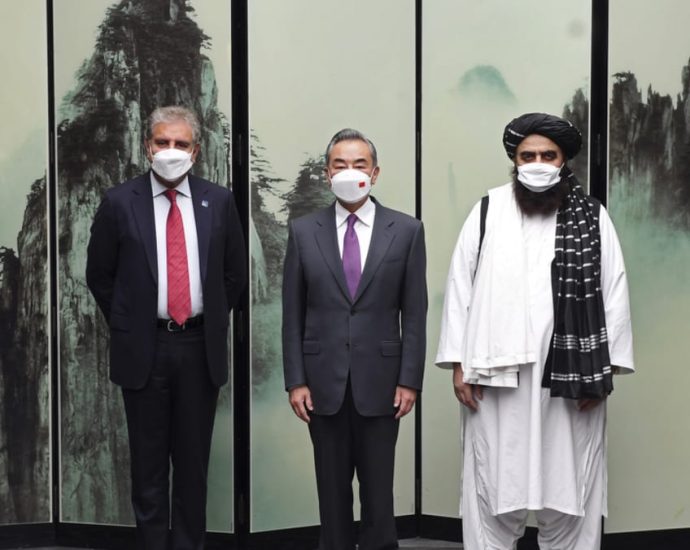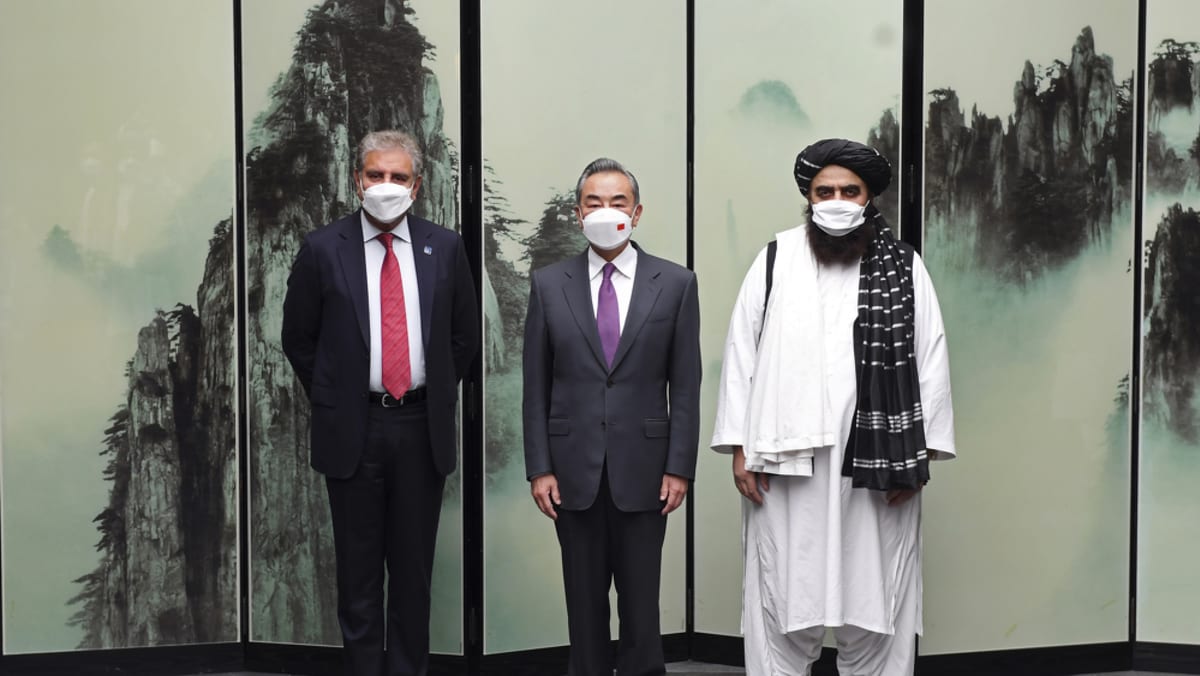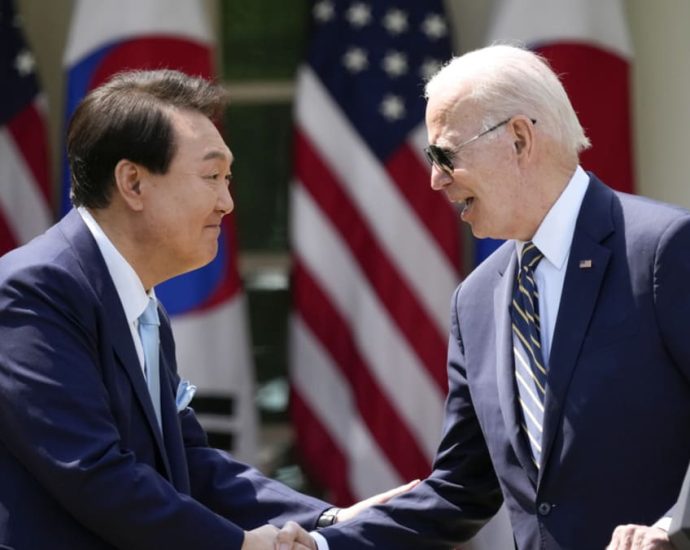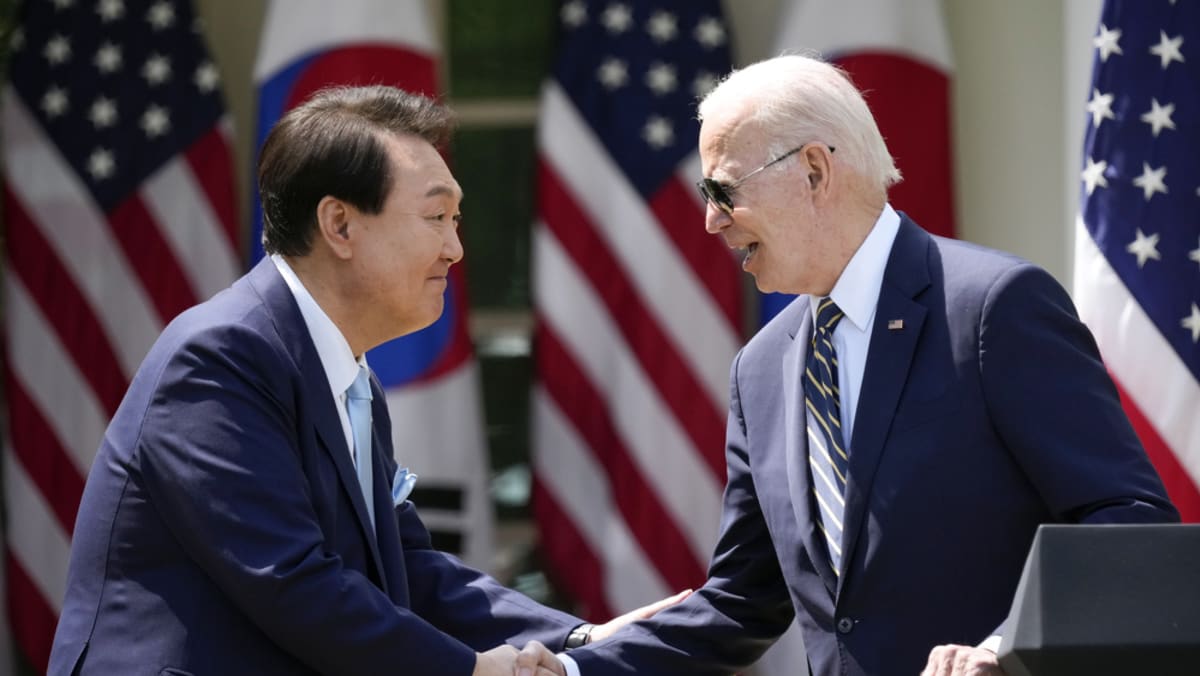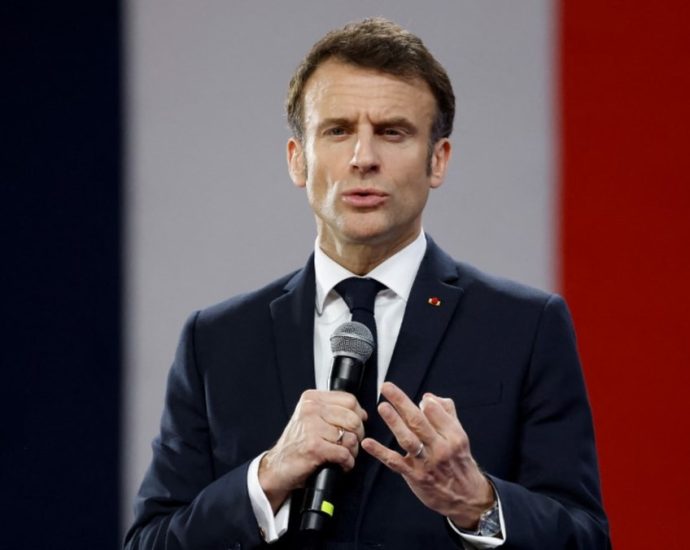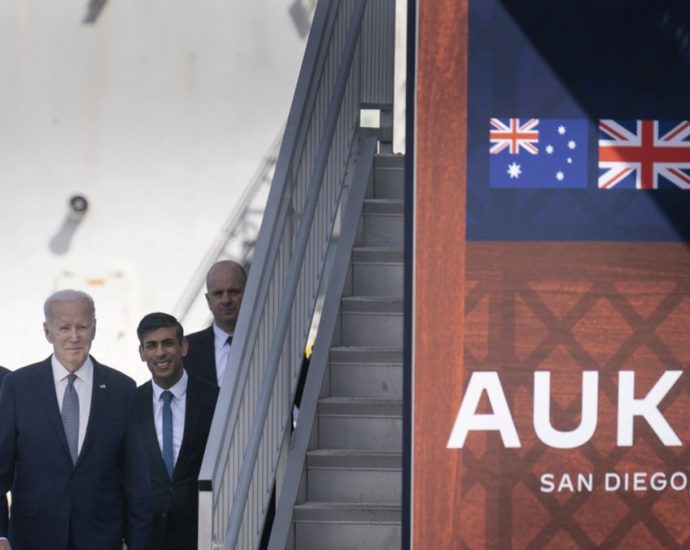Commentary: In pursuing peace, Japanâs leader must also prepare for war

In US President Joe Biden, Kishida has a counterpart who believes in old-fashioned diplomacy and a rules-based order, and has displayed the kind of nerve on Chinese expansionism that was singularly lacking when he was Barack Obama’s vice president and Beijing was militarising islands in the South China Sea. US support is one of the reasons Kishida has been able to lift a decades-old cap on defence spending.
Until recently, such a move would have been met with suspicion across the Pacific. Now, the US ambassador has hailed it as starting a “new era in the defence of democracy”. While the prime minister’s office may not have been happy with a Time magazine cover featuring Kishida in which said he wanted to “abandon decades of pacifism”, the premier has nonetheless found himself at a point in time when Japan’s geopolitical significance is surging.
SECURITY AT THE FOREFRONT OF G7
With the G7 taking place in a country that borders Russia and would be on the frontlines of a conflict over Taiwan, security will be at the top of the agenda. And while Kishida will seek agreement on a statement supporting the elimination of nuclear weapons, he’ll know that progress on denuclearisation has rarely seemed more distant.
Russia’s invasion of Ukraine has raised the stakes. Dmitry Medvedev, the deputy chair of Russia’s Security Council, threatened earlier this year that the West’s move to supply weapons to Ukraine was bringing a “nuclear apocalypse” closer. Kyiv – which briefly had the world’s third-largest nuclear arsenal – gave up the weapons on its territory in 1994 after the fall of the Soviet Union, in exchange for security guarantees.
It is incumbent on G7 leaders to make a strong commitment to continued military and financial support for Ukraine to ensure there isn’t a resurgent interest in nuclear weapons as a way of safeguarding sovereignty and independence.
In the case of North Korea, that’s too late, with Pyongyang undeniably having become a fully-fledged nuclear power over the past decade. And that in turn has led South Korean President Yoon Suk-yeol to recently suggest his country might need to develop atomic weapons, though he has since backed off the idea following a visit to Washington.

